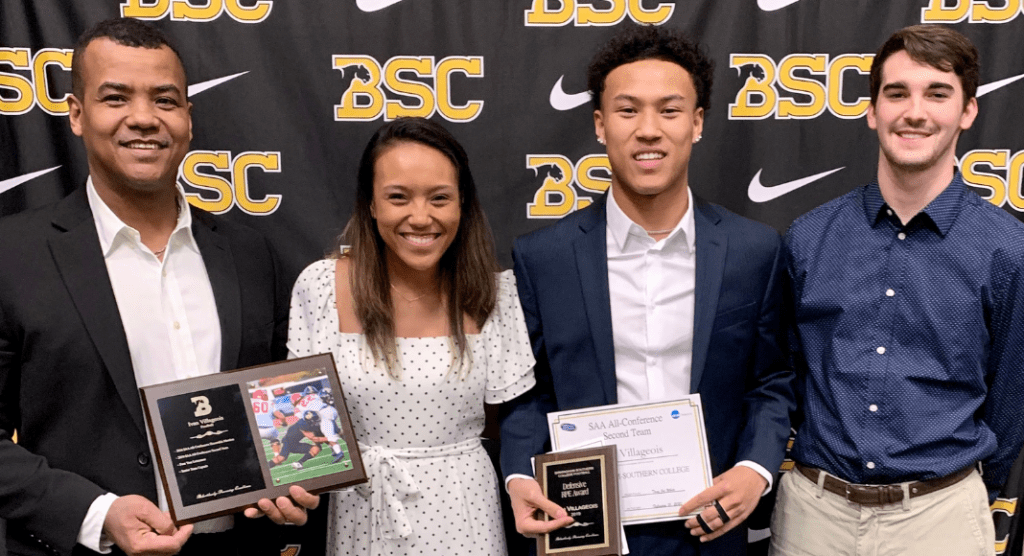Growing up, I was always jealous of the “normal” kids. The ones that ate “normal” food and could pack lunches without anybody laughing at them. The kids that had parents that spoke English and went to all the school events. The kids that had parents with “normal” jobs because my parents owned a nail salon and I was embarrassed that they were scrubbing feet. I was stuck in this mindset that being different wasn’t good and I needed to be just like everyone else.
I remember being so eager for acceptance that when I made friends I would hear, “My dad doesn’t let me have black friends” in front of me, and I remember thinking, “Oh good, I can be friends with her because her dad doesn’t think I am ‘black’ enough.” Identity was something I struggled with because I knew my dad didn’t look like a typical Vietnamese man, but he never talked about his father so I wasn’t entirely sure what our “race” was. We didn’t have the same hair as my mother or any other Vietnamese people, our skin was too dark, and our Vietnamese accent wasn’t “Vietnamese” enough. I remember going to Vietnam and hearing, in my home language, that my brother and I were from another country. We felt like we didn’t belong in any particular “group” and our identity really suffered from it.

I’m saying all of this because now I have a kid that is even more mixed than I am. He is White, African American, and Asian. I want him to feel appreciated every day and know that he is made up of all these beautiful races and we are going to celebrate all of them. That might mean that I need to do research and find different opportunities for us to celebrate. My parents made it a priority for us to go to Vietnamese festivals and celebrations, and that is what I need to do for my son. Sadly, he also needs to know about social injustice and how that might never happen to him but has to his uncle and ông ngoại (grandfather). He also needs to know about white privilege and how, as a male that looks white, his life is going to be easier than those of people of color. My husband gets to have discussions with my son about some aspects of life that I won’t be able to understand, and vice versa. Some conversations are harder to have than others, but they are necessary.
I hope mixed children won’t grow up to feel lonely or not appreciated because they bring so much to the world with different perspectives and experiences. This is what I will be telling my son, and I want to present this to all the parents with mixed children reading this right now: let your kiddos explore who they are and don’t let society tell them which version of themselves to be.











